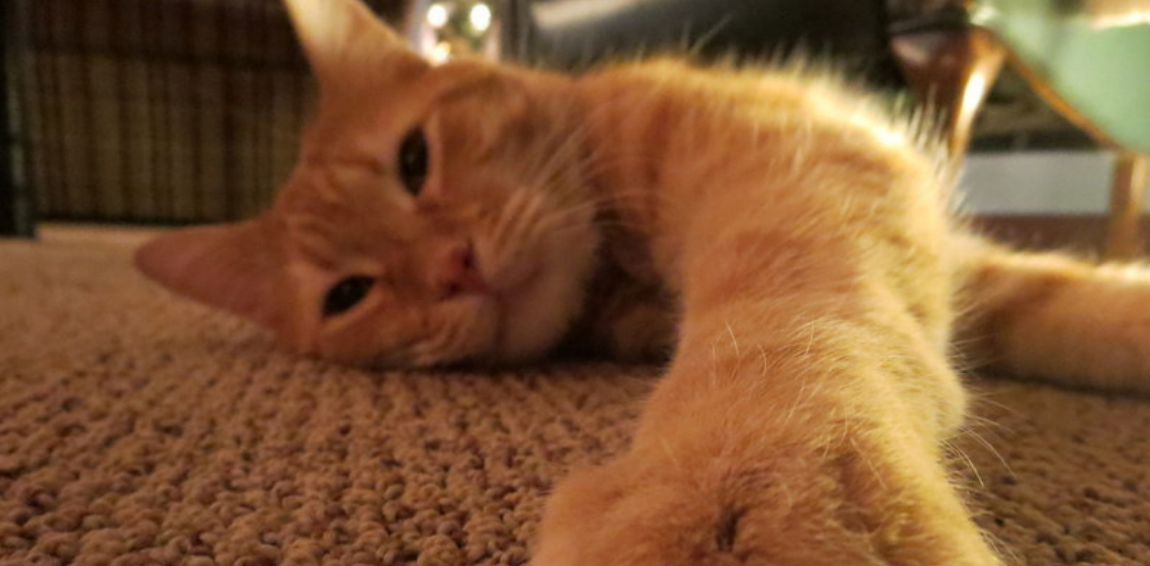
New Study Identifies 7 Distinct Personality Traits In Cats
If you’re a cat owner, you’re probably familiar with your feline’s quirks. Each pet can be so unique, and those that spend the time are often rewarded with a fuller picture of their favorite animal’s likes, dislikes, and more.
While cat owners have long known that no two are alike, science has been slow to study the differences in animal personality types.
Fortunately, a team in Helsinki, Finland has given us a wealth of data about cats and the different ways they behave thanks to a study of “cats from 56 different breeds, house cats and mixed breed cats.”

Curious about the factors behind a cat’s personality and how they change over time, the team devised a 138-question online form and distributed it to more than 4,300 cat owners. From this treasure trove of information, they boiled down cat personality traits to the following seven:
Activity/playfulness
Fearfulness
Aggression towards humans
Sociability towards humans
Sociability towards cats
Litterbox issues
Excessive grooming
Differences among individual cats were noted, and it was found that these traits stay fairly consistent for an animal’s lifetime. Interestingly, some breed-specific traits were discovered as well.

For example, the study found that “the most fearful breeds were Russian Blue, landrace cat shorthair and house cat, and the boldest Abyssinian, Burmese and Korat.” Tracking sociability, the team added, “the most social breeds were Oriental (Shorthair and Longhair), Burmese and Korat, and the least social was Turkish Van.” The breeds that are most social with us humans were the Siamese and Balinese, Burmese and Oriental, and “the least social breeds were Persian and Exotic, European, American Curl and British.”
The study noted several shortcomings in their methodology, such as relying on owners’ answers to an online survey instead of empirical observation, a sample size that likely only reflected cat owners who also used social media (the study was advertised there, mainly), and the chance that not all cat owners have spent enough time with their pet to fully answer the questionnaire in detail.

Still, the study advances the relatively young field of domesticated animal behavioral study and could give future cat owners valuable insight into breed-specific temperaments and the ways that their cat may express personality over time.
Read the full study here for more information!
Help Rescue Animals
Provide food and vital supplies to shelter pets at The Animal Rescue Site for free! →